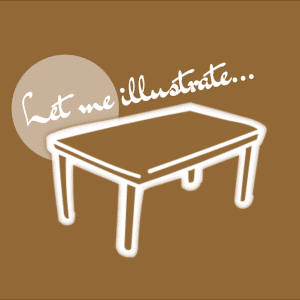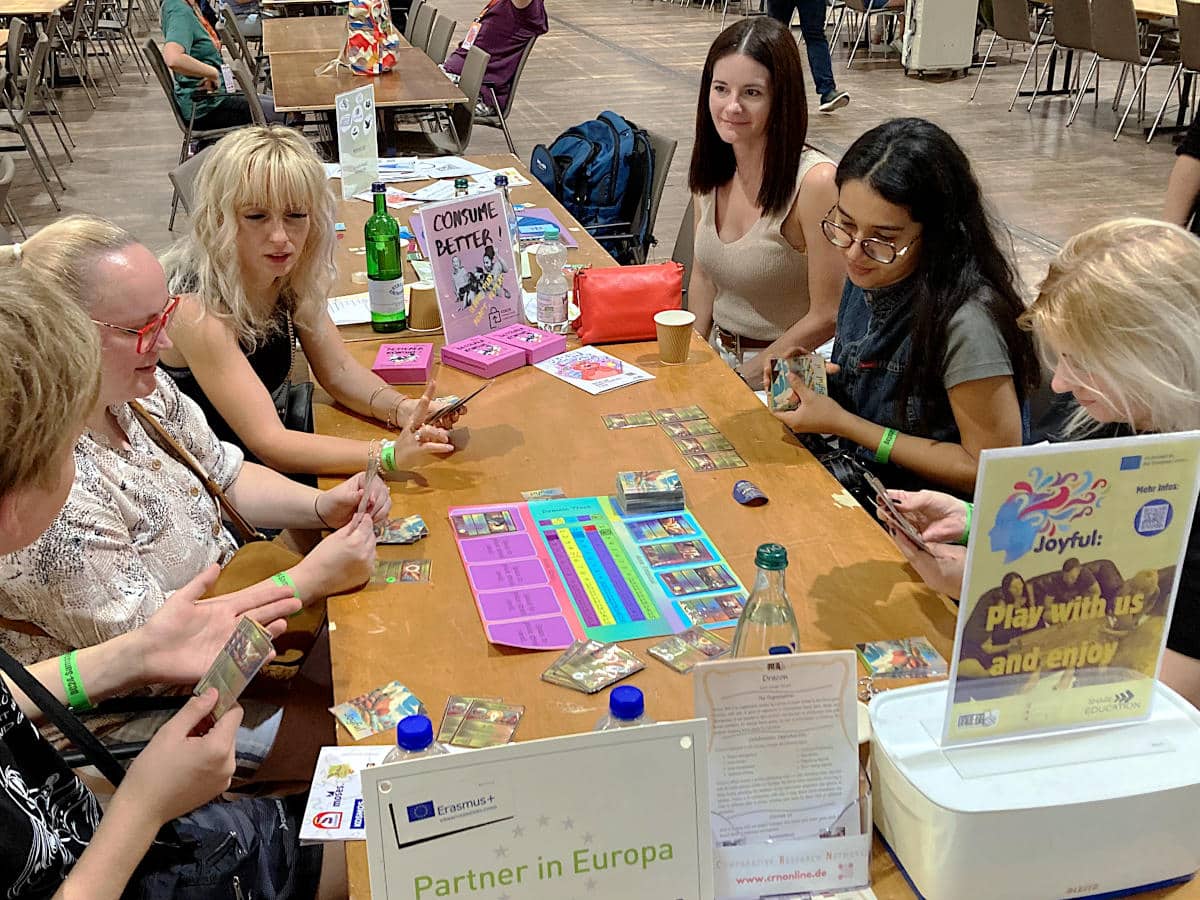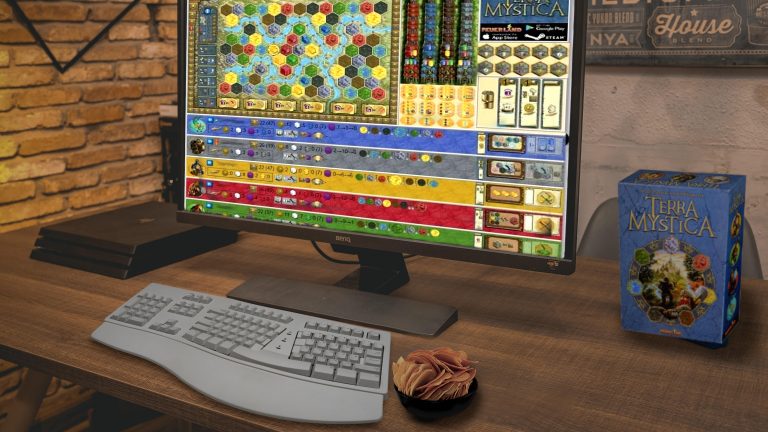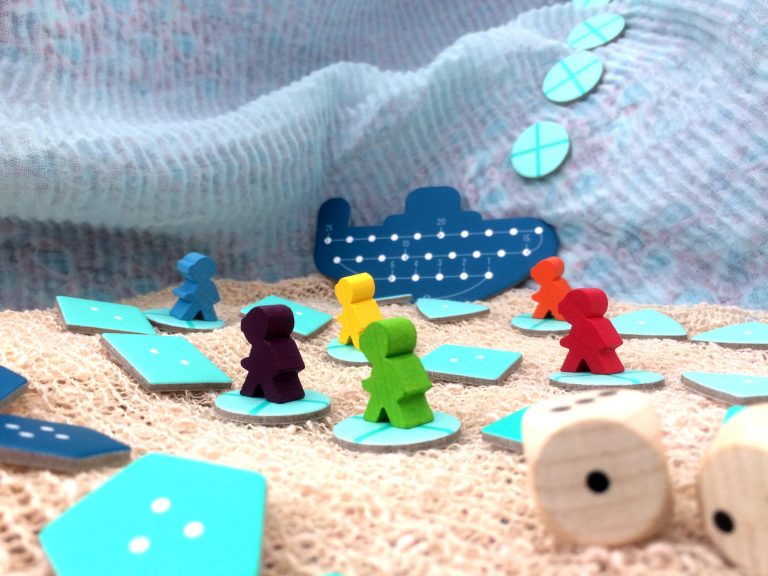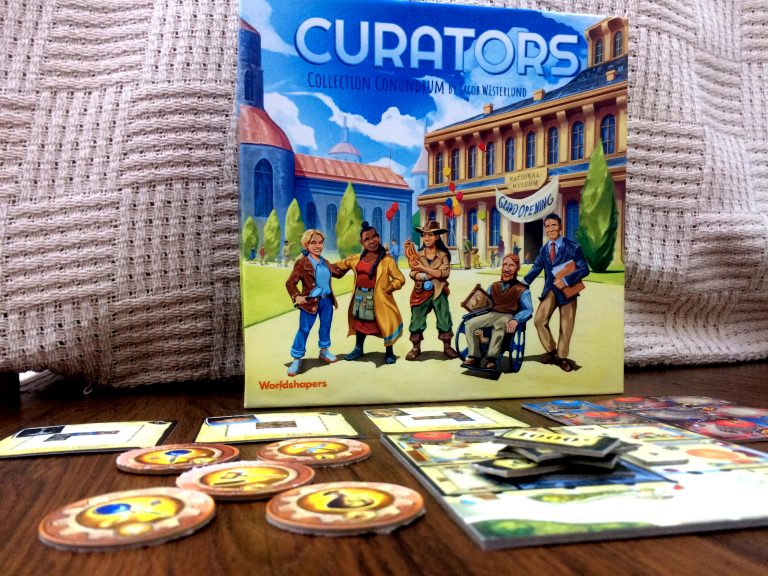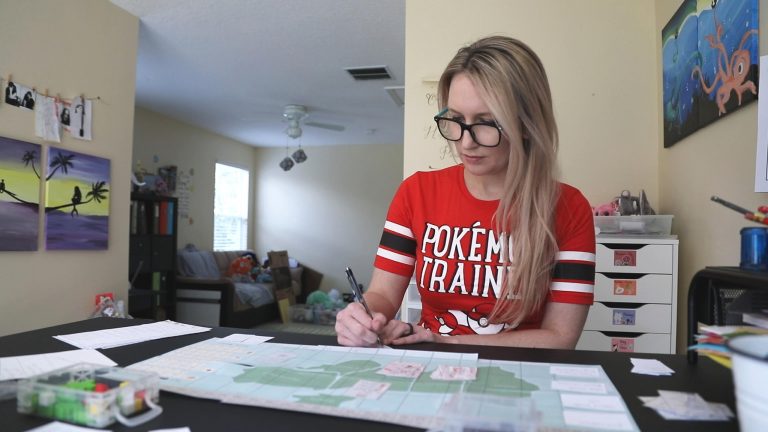Isolated games night (Topic Discussion)
Games nights are about social interactions, catching up with friends, maybe some ribbing, eating snacks, enjoying a drink, holding cards or moving pieces, maybe rolling dice and enjoying how a game unfolds, its twists and turns. It's about a shared experience and coming together. Yet, at the moment we have to stay apart, which changes how we interact and how we behave at games nights. It also changes how games nights feel. There are things we can do to try and make things feel as normal as possible. So here are some suggestions I have, things that I have learned from my own weekly games nights.




